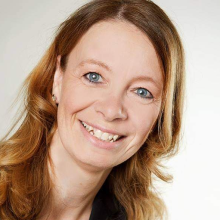Discussions about paying taxes (honestly) always concern the core of social order: Who must contribute how much to the community? Which groups are relieved? How much equality and redistribution is necessary or possible? What constitutes a "just" tax system, how can the state legitimize its tax demands - and what does a “just” society look like accordingly?
It was not only statesmen, lawyers, party politicians, lobbyists or journalists who have therefore discussed and continue to discuss tax issues; religious communities also had their say, bringing their ideas of just distribution and social structure into the discourse. Indeed, all major religions have spoken out on issues of "fair" taxation, the legitimacy of government demands, tax liability, and possible sanctions for evaders. Our interdisciplinary conference asks about the positions of different theologies toward state taxes: did they affirm or negate their adherents' tax obligations to the state? How did they legitimize their position theologically, but also in very practical terms in a concrete historical setting? What fundamental relationship between the state and the faith community is expressed in this position? What role did the financing of their own faith community play for it?
The aim of the conference is to bring firstly different religions (Buddism, Islam, Judaism, Protestant and Catholic Christianity) into conversation about the topic of taxation and in this way to make an important contribution to the history of ideas on taxation. Secondly, we want to discuss the question from an interdisciplinary perspective on theological tax disputes of the past, including contributions from the fields of theology, law, history and political studies.
The programme can be found here.
Please register by February 20 with Ismahan Debbali (ismahan.debbali@gmail.com).












































Social Media
Instagram
X
Youtube